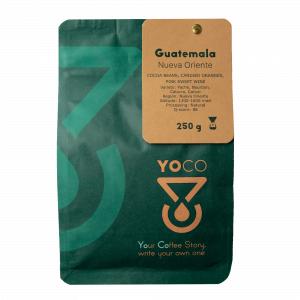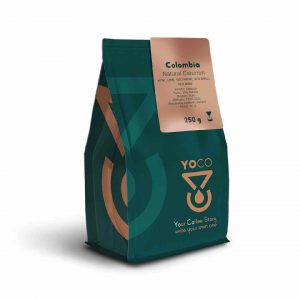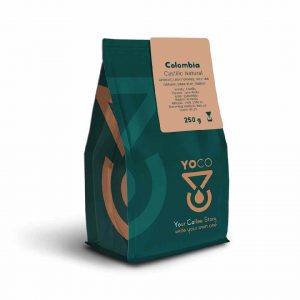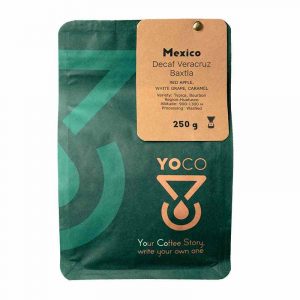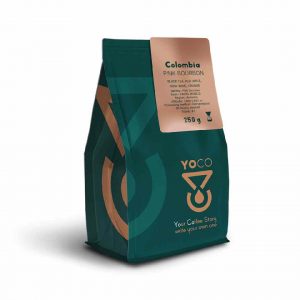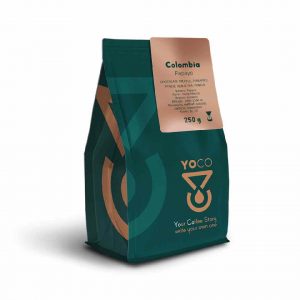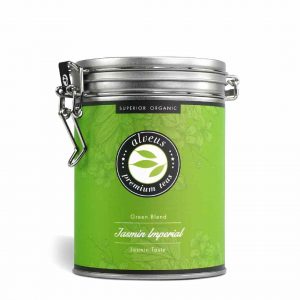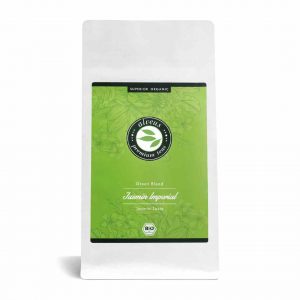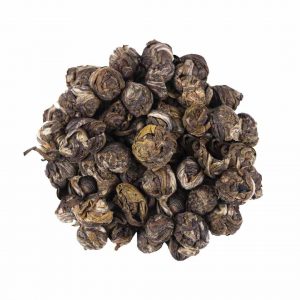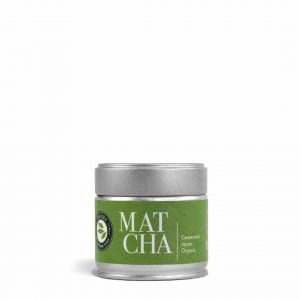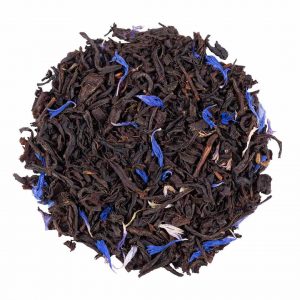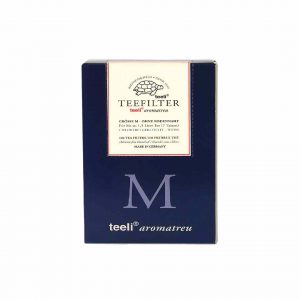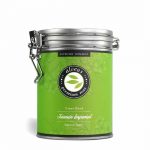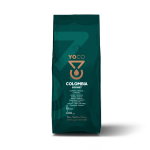Speciality Coffee Online Shop in Portugal
Select yours
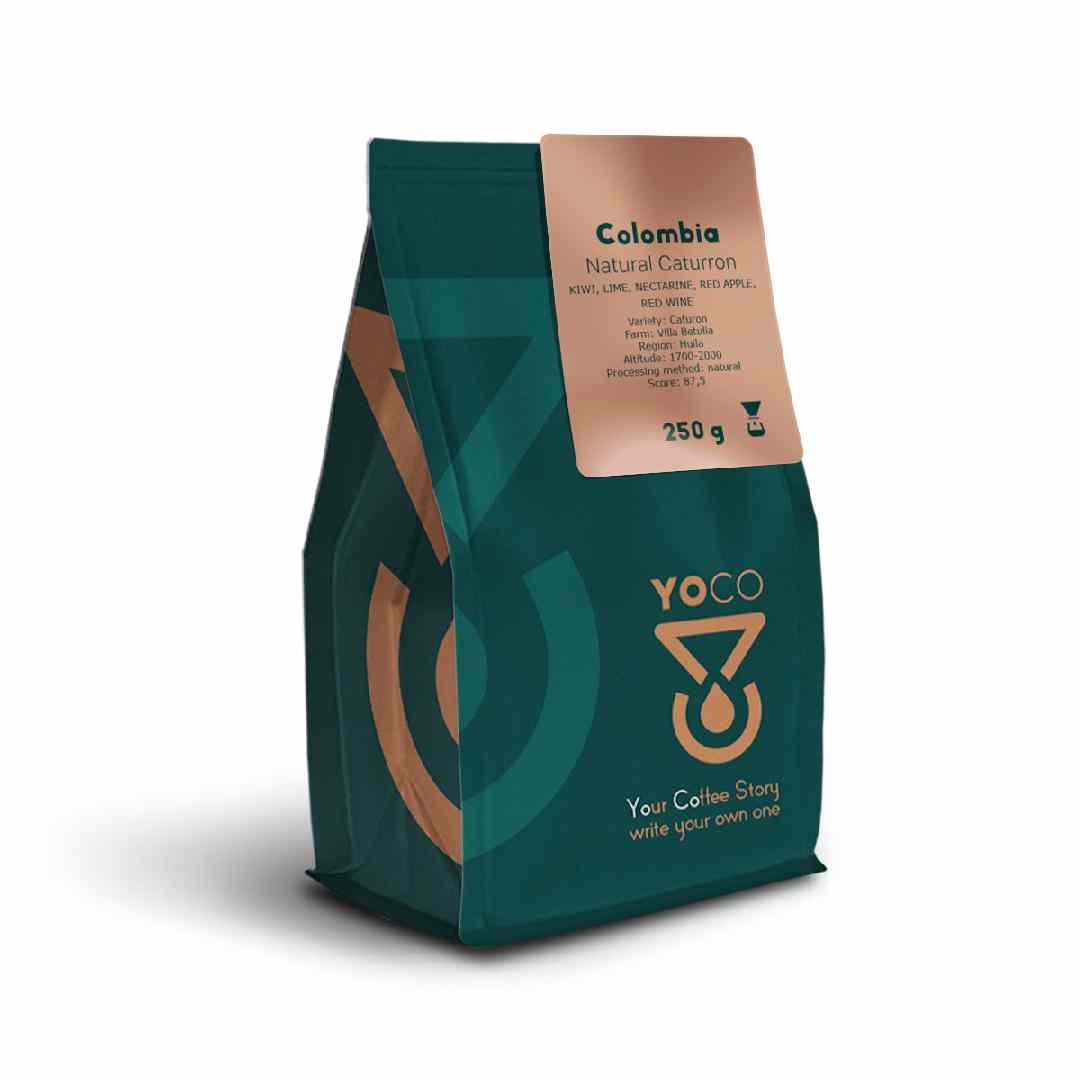
Coffee
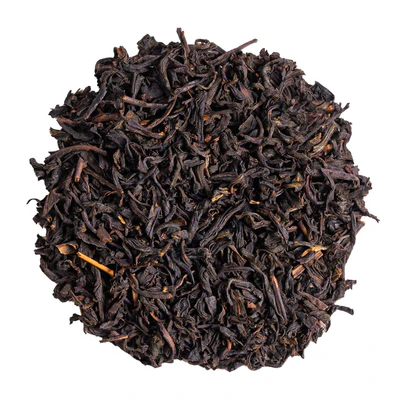
Tea
Coffee
Tea
Understanding Specialty Coffee: A Complete Guide
Introduction
Specialty coffee has gained significant popularity in recent years, attracting both coffee enthusiasts and casual drinkers alike. With its focus on quality, traceability, and sustainability, this movement represents more than just a morning brew; it embodies a complete experience. Whether you’re a seasoned drinker or someone just starting to explore beyond your regular cup, understanding the nuances of specialty coffee can open up a world of rich and diverse flavors. This article explores what specialty coffee is, how it differs from commercial coffees, and how you can start enjoying it.
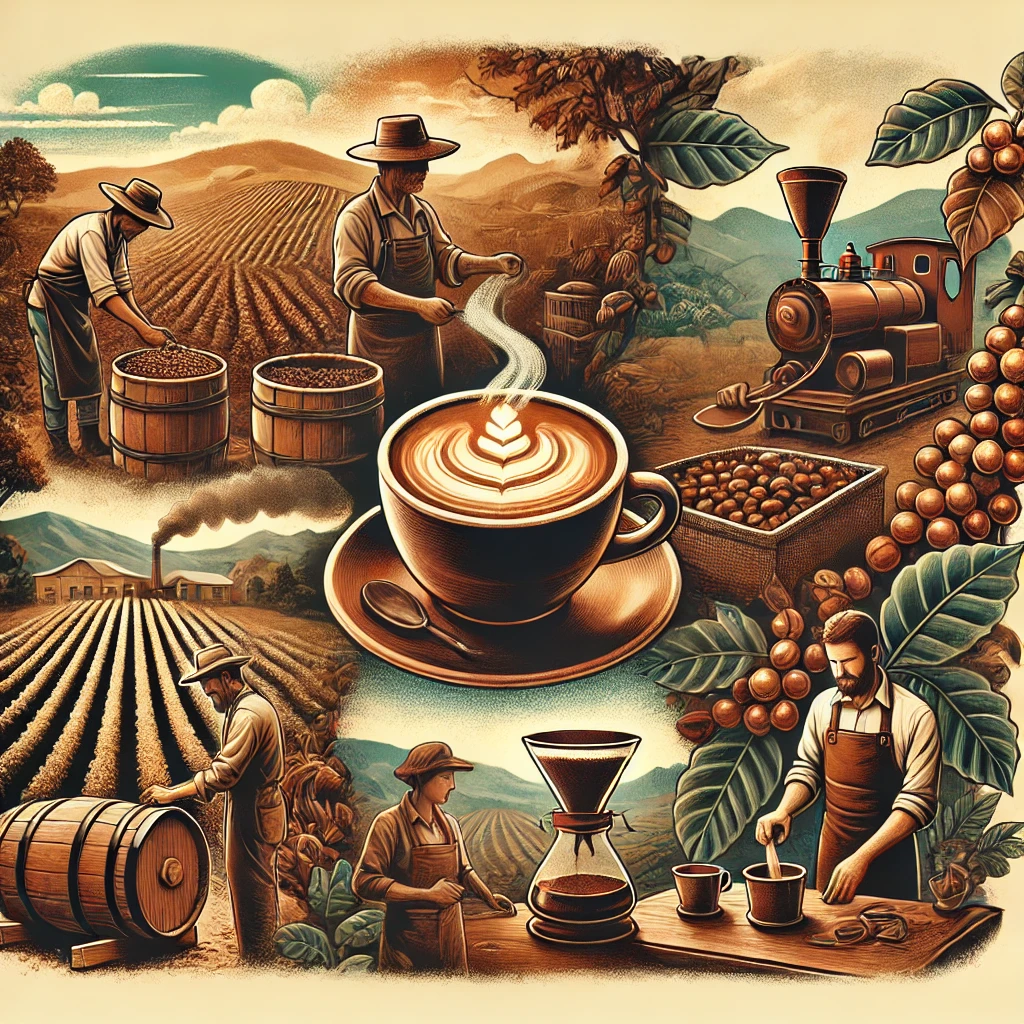
What is Specialty Coffee?
Specialty coffee refers to high-quality coffee beans that have been carefully grown, processed and roasted to bring out unique flavor profiles. The term was first coined in 1974 by Erna Knutsen, who saw the potential in sourcing coffee from small farms with a focus on quality rather than quantity. These coffees are often distinguished by their traceability, where beans can be linked to specific regions, farms or even lots within a farm.
Unlike commercial coffee, which prioritizes mass production and low prices, specialty coffee focuses on the details — every step from cultivation to preparation is designed to bring out the best in the coffee beans. The process emphasizes sustainability, fair trade, and an intimate connection between growers, roasters, and consumers.
The History of Specialty Coffee
The specialty coffee movement began in the 1970s, when a trend toward roasting small batches of high-quality coffee emerged. At the time, the coffee industry was dominated by large corporations that focused on mass-produced blends. Erna Knutsen, a visionary in the coffee trade, helped pioneer a new approach that prioritized quality and flavor.
This movement began to grow as more coffee professionals visited producing countries and established direct relationships with farmers. This connection allowed for greater transparency and a better understanding of the unique conditions in which coffee was grown, such as climate and processing methods, which directly influence the flavor of the beans. Over time, this practice evolved, encouraging coffee lovers to seek out better-tasting, ethically sourced beans.
The Journey from Bean to Cup
Specialty coffee is often described as the result of a complex journey that begins on the farm and ends with the consumer. Each step of that journey contributes to the final flavor in your cup.
- Farmers : Coffee cultivation requires specific climates and conditions. Farmers in regions such as Ethiopia, Colombia, and Guatemala take great care in growing and harvesting their beans to ensure they meet the high standards of specialty coffee.
- Processing : After harvesting, the beans undergo various processing methods, such as washed, natural or honey processing, which influence the flavor profile. The correct treatment at this stage can bring out fruity, nutty or chocolate notes in the coffee.
- Importers : Importers assess the quality of green beans before distributing them to roasters. They ensure that the beans are stored and transported correctly to preserve their integrity.
- Roasters : The roasting process is crucial to unlocking the flavor potential of coffee. Roasters carefully adjust the time and temperature to bring out the unique characteristics of each bean.
- Baristas : In the final stage, baristas play an essential role in preparing coffee to perfection, whether using methods such as pour-over, espresso or cold brew.
What Sets Specialty Coffee Apart?
The key factor that sets specialty coffee apart is the focus on quality at every stage of production. Beans are graded on a 100-point scale, with specialty coffee needing to score 80 or higher. Every step—from growing to roasting to brewing—is executed with extreme care, resulting in a coffee that offers a rich and diverse flavor experience, often featuring vibrant acidity, complex fruity notes, or delicate floral tones.
Additionally, specialty coffee promotes ethical and sustainable practices. Initiatives such as fair trade and direct trade help ensure that farmers receive fair compensation for their work, encouraging agricultural practices that benefit both the environment and producing communities.
Exploring Specialty Coffee: Where to Start
If you’re just starting to explore specialty coffee, a great place to start is by visiting a local roastery or coffee shop that offers specialty coffee. Many of these establishments will provide detailed information about their beans, including their origin, processing method, and tasting notes. The staff will also be knowledgeable and can help you choose a coffee that suits your preferences.
Start by sampling different coffees from different regions and try different brewing methods, such as pour-over or French press, to discover the diversity of flavors that specialty coffee can offer. Drinking coffee without added sugar or cream is a great way to better appreciate the natural qualities of the beans.
The Role of the Consumer in Specialty Coffee
As a consumer, you play an essential role in the specialty coffee chain. By choosing to consume and purchase specialty coffee, you directly support farmers, importers and roasters who are committed to producing high-quality coffee in an ethical and sustainable way. Without consumer demand for high-quality coffee, the specialty coffee movement could lose momentum.
Conclusion
Specialty coffee is more than just a trend; it’s a celebration of quality, sustainability, and the art of brewing. Whether you’re a coffee lover or someone who’s just starting to explore the world, specialty coffee offers a deeper connection to the beverage and everyone involved in its production. From the farmers who carefully cultivate the beans to the baristas who prepare them, every step of the way contributes to making your cup truly unique.
Supporting specialty coffee also means encouraging fairer and more sustainable trade practices. By paying a little more for a cup or bag of coffee, you’re helping to ensure that farmers get what they deserve for their hard work. This, in turn, encourages them to continue growing high-quality coffee instead of prioritizing volume over excellence.
If you’re passionate about authentic flavors and want to explore the true potential of good coffee, start by experimenting with the different profiles that specialty coffee can offer. The more you taste, the more you’ll discover the incredible variety of flavors, aromas, and stories that this world has to offer.

